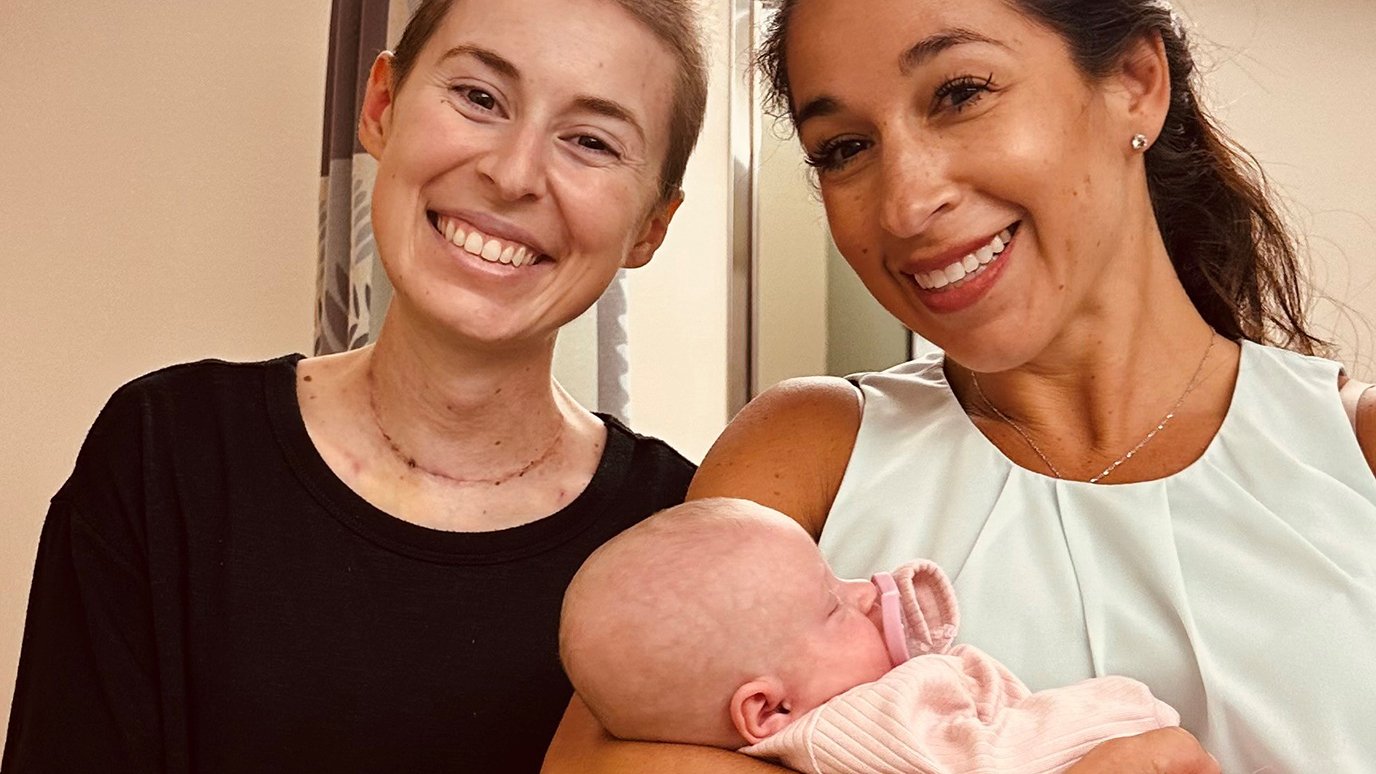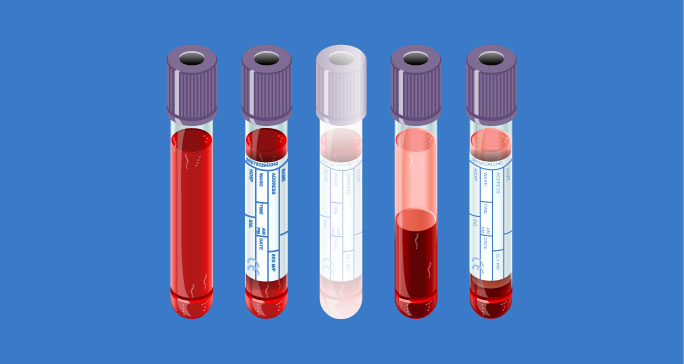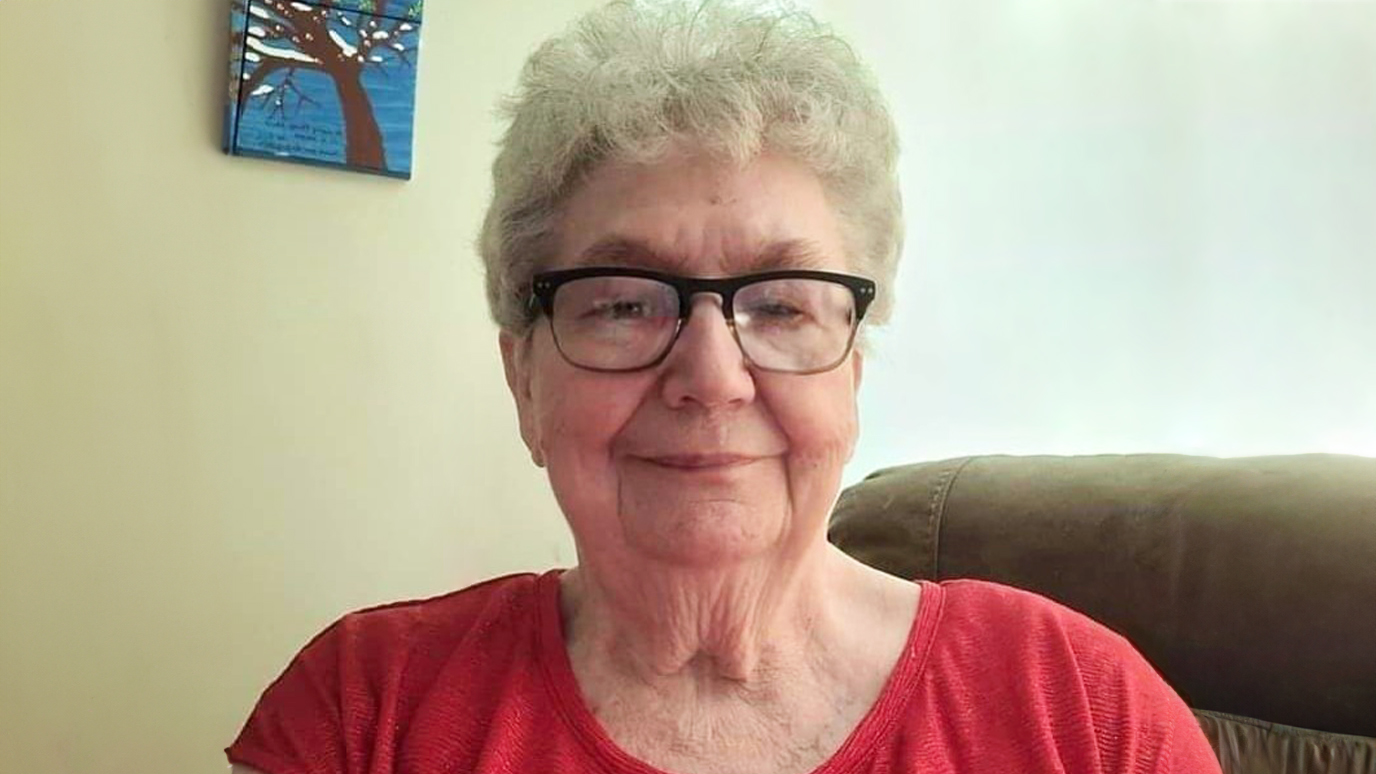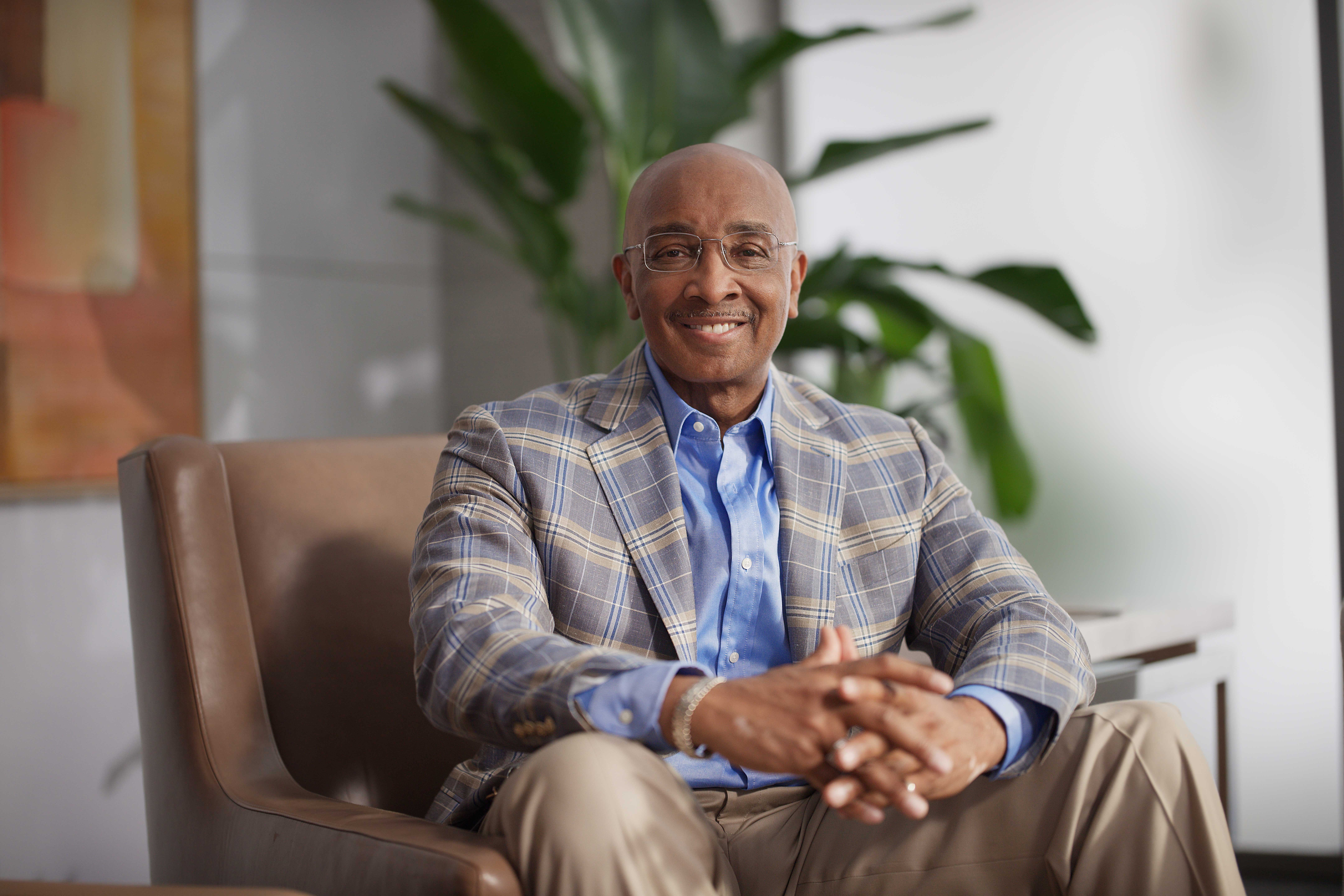- Diseases
- Acoustic Neuroma (14)
- Adrenal Gland Tumor (24)
- Anal Cancer (68)
- Anemia (2)
- Appendix Cancer (16)
- Bile Duct Cancer (26)
- Bladder Cancer (72)
- Brain Metastases (28)
- Brain Tumor (232)
- Breast Cancer (714)
- Breast Implant-Associated Anaplastic Large Cell Lymphoma (2)
- Cancer of Unknown Primary (4)
- Carcinoid Tumor (8)
- Cervical Cancer (158)
- Colon Cancer (166)
- Colorectal Cancer (116)
- Endocrine Tumor (4)
- Esophageal Cancer (44)
- Eye Cancer (36)
- Fallopian Tube Cancer (8)
- Germ Cell Tumor (4)
- Gestational Trophoblastic Disease (2)
- Head and Neck Cancer (12)
- Kidney Cancer (128)
- Leukemia (342)
- Liver Cancer (50)
- Lung Cancer (286)
- Lymphoma (278)
- Mesothelioma (14)
- Metastasis (30)
- Multiple Myeloma (100)
- Myelodysplastic Syndrome (60)
- Myeloproliferative Neoplasm (4)
- Neuroendocrine Tumors (16)
- Oral Cancer (100)
- Ovarian Cancer (172)
- Pancreatic Cancer (160)
- Parathyroid Disease (2)
- Penile Cancer (14)
- Pituitary Tumor (6)
- Prostate Cancer (146)
- Rectal Cancer (58)
- Renal Medullary Carcinoma (6)
- Salivary Gland Cancer (14)
- Sarcoma (238)
- Skin Cancer (296)
- Skull Base Tumors (56)
- Spinal Tumor (12)
- Stomach Cancer (64)
- Testicular Cancer (28)
- Throat Cancer (92)
- Thymoma (6)
- Thyroid Cancer (96)
- Tonsil Cancer (30)
- Uterine Cancer (80)
- Vaginal Cancer (16)
- Vulvar Cancer (20)
- Cancer Topic
- Adolescent and Young Adult Cancer Issues (20)
- Advance Care Planning (10)
- Biostatistics (2)
- Blood Donation (18)
- Bone Health (8)
- COVID-19 (362)
- Cancer Recurrence (120)
- Childhood Cancer Issues (120)
- Clinical Trials (630)
- Complementary Integrative Medicine (20)
- Cytogenetics (2)
- DNA Methylation (4)
- Diagnosis (232)
- Epigenetics (6)
- Fertility (62)
- Follow-up Guidelines (2)
- Health Disparities (14)
- Hereditary Cancer Syndromes (126)
- Immunology (18)
- Li-Fraumeni Syndrome (8)
- Mental Health (116)
- Molecular Diagnostics (8)
- Pain Management (62)
- Palliative Care (8)
- Pathology (10)
- Physical Therapy (18)
- Pregnancy (18)
- Prevention (916)
- Research (390)
- Second Opinion (74)
- Sexuality (16)
- Side Effects (604)
- Sleep Disorders (10)
- Stem Cell Transplantation Cellular Therapy (216)
- Support (402)
- Survivorship (320)
- Symptoms (182)
- Treatment (1786)
Non-Hodgkin lymphoma survivor: How MD Anderson supports transgender patients like me
BY Ann Sorhouse
3 minute read | Published March 10, 2023
Medically Reviewed | Last reviewed by an MD Anderson Cancer Center medical professional on March 10, 2023
I’ve been in treatment for non-Hodgkin lymphoma for more than 30 years. Since I was first diagnosed in 1992, I’ve had radiation therapy, a stem cell transplant, targeted therapy and countless rounds of chemotherapy.
I’m still not in remission. But the cancer is progressing very slowly, and it mostly only appears now as an annoying rash on my arms and legs.
I’ve been coming to MD Anderson for my lymphoma treatment since I moved to Texas from Washington, D.C. in 2019. And the more I get to know it, the better I like it. MD Anderson really is interested in learning how to improve cancer care for its transgender patients. As a transgender woman myself, that’s really important.
Why I moved to Texas – and moved my lymphoma care to MD Anderson
When I retired from working for the federal government and in news broadcasting, I realized I no longer wished to live my life identifying solely as a man. So, I moved up to the Chesapeake Bay and began living as a woman.
The only problem was that both of my daughters and all of my extended family still lived in Texas. (I was born in Austin.) Most of my local friends lived in D.C. — not close enough to where I lived to bring my daughters any comfort if I got sick or injured.
I really didn’t want to leave the Bay area. I had a wonderful life there. But after I sold my businesses, I felt like I had no excuse left not to move. My elder daughter in particular was eager for me to come down. She works in the Houston area as a nurse, and she said I could easily be followed for my lymphoma by doctors at MD Anderson, the nation’s No. 1 hospital for cancer care.
MD Anderson is focused on being inclusive
At MD Anderson, I started seeing Dr. Loretta Nastoupil for my non-Hodgkin lymphoma. I also see pulmonologist Dr. Ajay Sheshadri for my COPD and emphysema, and geriatric internal medicine specialist Dr. Tacara Soones for more general issues. But it was radiation oncologist Dr. Jill Gunther and her staff who went beyond just recognizing my transgenderism to enthusiastically welcoming and encouraging me.
One nurse who accidentally mis-gendered me apologized profusely, and I could see that she was trying very hard to get it right. We wound up hugging each other. Dr. Soones also connected me with a social work counselor, who helped me expand my social circle again, after being isolated for so long during the pandemic.
People at MD Anderson really are doing their best to be inclusive. The institution really seems to be embracing the issue and trying to work through it, and I think that’s important.
Why I appreciate MD Anderson’s culture of inclusiveness
Above all else, I am a pragmatist. So, I try to conduct myself to fit the occasion.
I still sometimes go by my birth name, Bob, when I go to the cardiologist, for instance, so I don’t have to remove prosthetics to have an EKG. And when I go to the dermatologist, having full makeup on can get in the way of a thorough skin exam. But I almost always have polished, pedicured toenails. And I can tell how much experience someone has with transgender people by how they react.
One time, I was standing in an exam room wearing bright red toenail polish. A first-year resident came in. She didn’t bat an eye. Then the dermatologist came in. She took one look at my toes and burst out laughing, saying, “I love those toes!” I could see that she was totally comfortable with it and wanted to put me at ease, too.
These kinds of interactions mean a lot because they’re an important part of the learning process. Nobody’s perfect, but I get the sense that people at MD Anderson are doing their very best, and I appreciate their efforts to bring understanding and acceptance to all patients, including those of us who are transgender.
Request an appointment at MD Anderson online or by calling 1-844-338-0349.
Related Cancerwise Stories

People at MD Anderson really are doing their best to be inclusive.
Ann Sorhouse
Survivor





